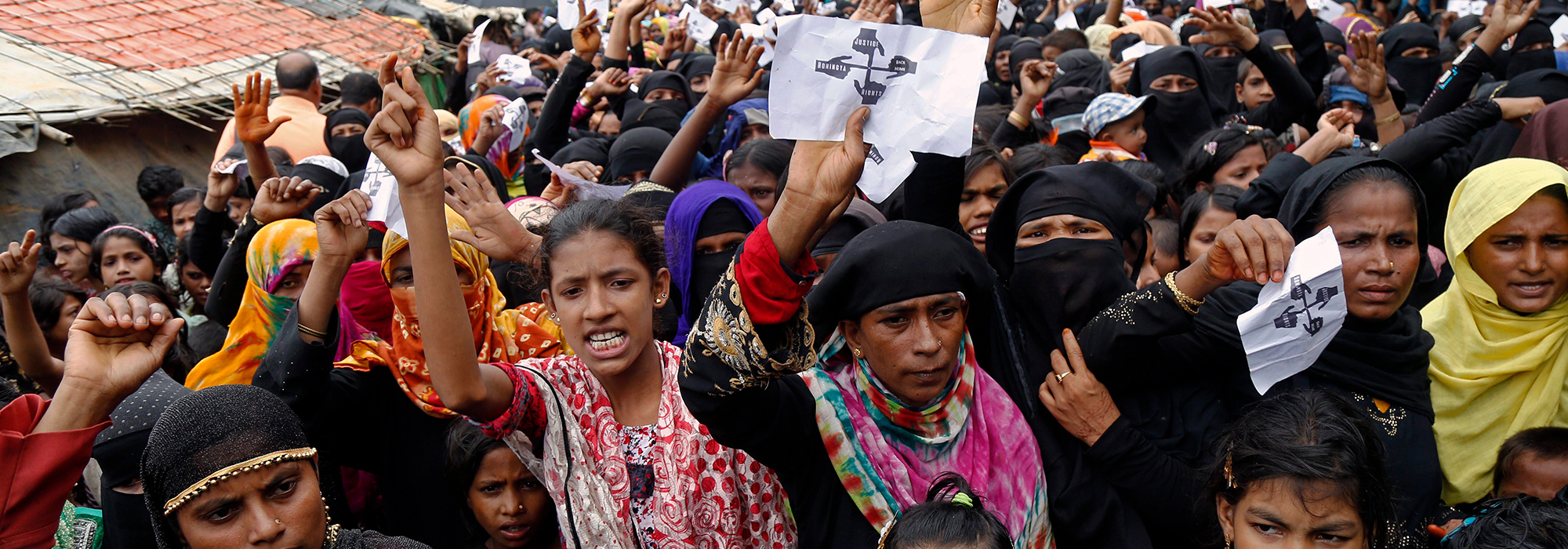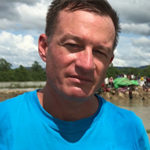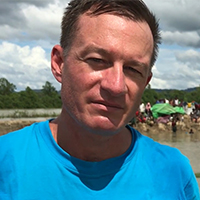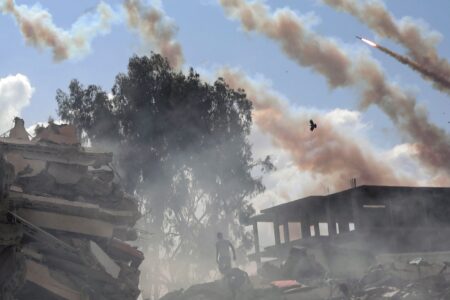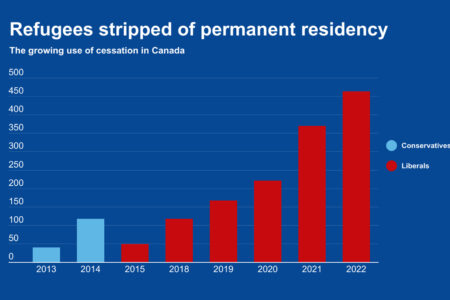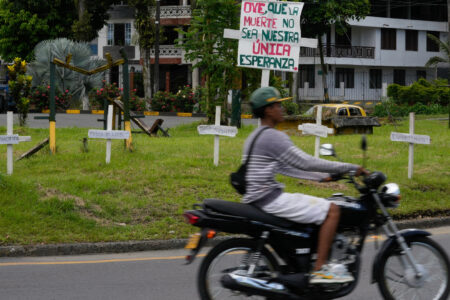
(This article has been translated into French.)
August 25, 2018 was the first anniversary of the start of one of the fastest-growing humanitarian crises in the world today. One year ago, violence erupted in Rakhine State in Myanmar, targeting a stateless minority — the Rohingya — who were forced to flee their country and enter the neighbouring state of Bangladesh. Over half a million people fled within weeks.
Today, it’s estimated 1.3 million people are in need of humanitarian assistance and surviving in dire conditions. Over half of them are children. Even if aid efforts have averted the worst consequences of this tragedy, huge challenges remain. Refugee camps have been weakened with the monsoons and need to be reinforced before the cyclone season; vulnerable children, girls in particular, have fallen prey to traffickers and other abusers; adolescents are feeling frustrated, with fewer opportunities to learn; and there is an urgent need to ensure access for all to basic sanitation facilities.
What if we could have prevented this crisis? What if we could start thinking about and anticipating crisis before it ever happens? Isn’t it time we did?
The number of refugees around the world is the highest since the Second World War, and the refugee camps near the town of Cox’s Bazar in southeastern Bangladesh are not unique. Why have we not learned to stop history from repeating itself? How long can we keep hearing about tragedies, human suffering, wars, conflicts, ethnic cleansing? Time and again, Canadians come together to help, and yet we still feel like whatever we do is never enough.
The way to reach the most vulnerable, including children, but also communities at large, is through resilient development. It allows children and families to be better prepared, and to cope with and recover more quickly from crises. It is about anticipating and preparing, not just responding.
We know that intergenerational cycles of poverty are perpetuated through the repeated and cumulative effects of crises, be they conflict-related or climate-related, health epidemics or socio-economic shocks. To address chronic cycles of vulnerability sustainably, we must address the underlying drivers of inequity and fragility.
Resilient development allows us to do just that. It means bridging long-term development and shorter-term humanitarian assistance, supporting countries in order to “build back better,” integrating risk factors such as climate change into development programming and strengthening systems that can anticipate as well as absorb shocks.
The Rohingya crisis, like so many others, requires a comprehensive response, a long-term solution while supporting short-term needs. This means longer-term funding, and integrating both the beneficiaries and the host communities into the decision-making process.
This is a pivotal moment to restore and guarantee the rights of this oppressed minority and help them rebuild better lives. Myanmar, Bangladesh and the international community all share the responsibility to contribute to a lasting solution. Canada also has an important role to play.
Myanmar should do more to prevent the violence, including the killing of children, from occurring on its soil. It should provide protection for Rohingya children and ensure that all children from all communities have equal access to quality education. It should allow unrestricted humanitarian access to those left behind in Rakhine State and provide improved conditions for all persons in need of humanitarian and long-term development support in Rakhine. It should work toward closing camps for internally displaced persons in a manner that is acceptable to those populations; create appropriate conditions to allow for the safe, dignified and voluntary return of Rohingya refugees to their former communities; and take concrete action to address the grave violations against children in Rakhine. It should also strive to reduce intercommunal tensions and implement the recommendations of the Advisory Commission on Rakhine State.
Finally, Myanmar should demonstrate goodwill and solidarity with the international community by signing the 1951 Refugee Convention and the 1961 Convention on the Reduction of Statelessness.
Bangladesh should provide more space to decongest the refugee camps, ensuring adequate access to basic services. It should support multilingual education for all children in the camps and take additional steps to protect girls and women in and outside the camps, including measures to combat child trafficking. It should also support the provision of life skills and livelihoods for adolescents, and prioritize birth registration for all Rohingya children born in the country.
All Rohingya children and their families should be entitled to refugee status. The government of Bangladesh should work with the international community toward a more sustainable approach to the refugee crisis, ensuring support to both refugees and the host community.
The international community, including Canada, must not shy away from its obligations. It should fully fund humanitarian assistance for Rohingya children and their families in both Bangladesh and Myanmar, invest in quality education for all Rohingya children and support the call for unrestricted humanitarian access to Myanmar. It should stay the course in supporting Rohingya children and their families in working with the governments and civil society organizations of both Bangladesh and Myanmar.
Canada has shown leadership, creating a relief fund to match donations made by concerned Canadians, and appointing a special envoy to provide recommendations on actions we can take as a country to help end the crisis. Canada has always been a global champion for children, and more recently it has advocated for the education of girls in crisis. Those boys and girls need us to speak up and take action now more than ever.
Responding to crises is imperative. But it is high time we started preventing them too.
Photo: A group of Rohingya refugee women protest at the Kutupalang camp in Cox’s Bazar, Bangladesh, on August 25, 2018. EPA/MONIRUL ALAM
Do you have something to say about the article you just read? Be part of the Policy Options discussion, and send in your own submission. Here is a link on how to do it. | Souhaitez-vous réagir à cet article ? Joignez-vous aux débats d’Options politiques et soumettez-nous votre texte en suivant ces directives.



